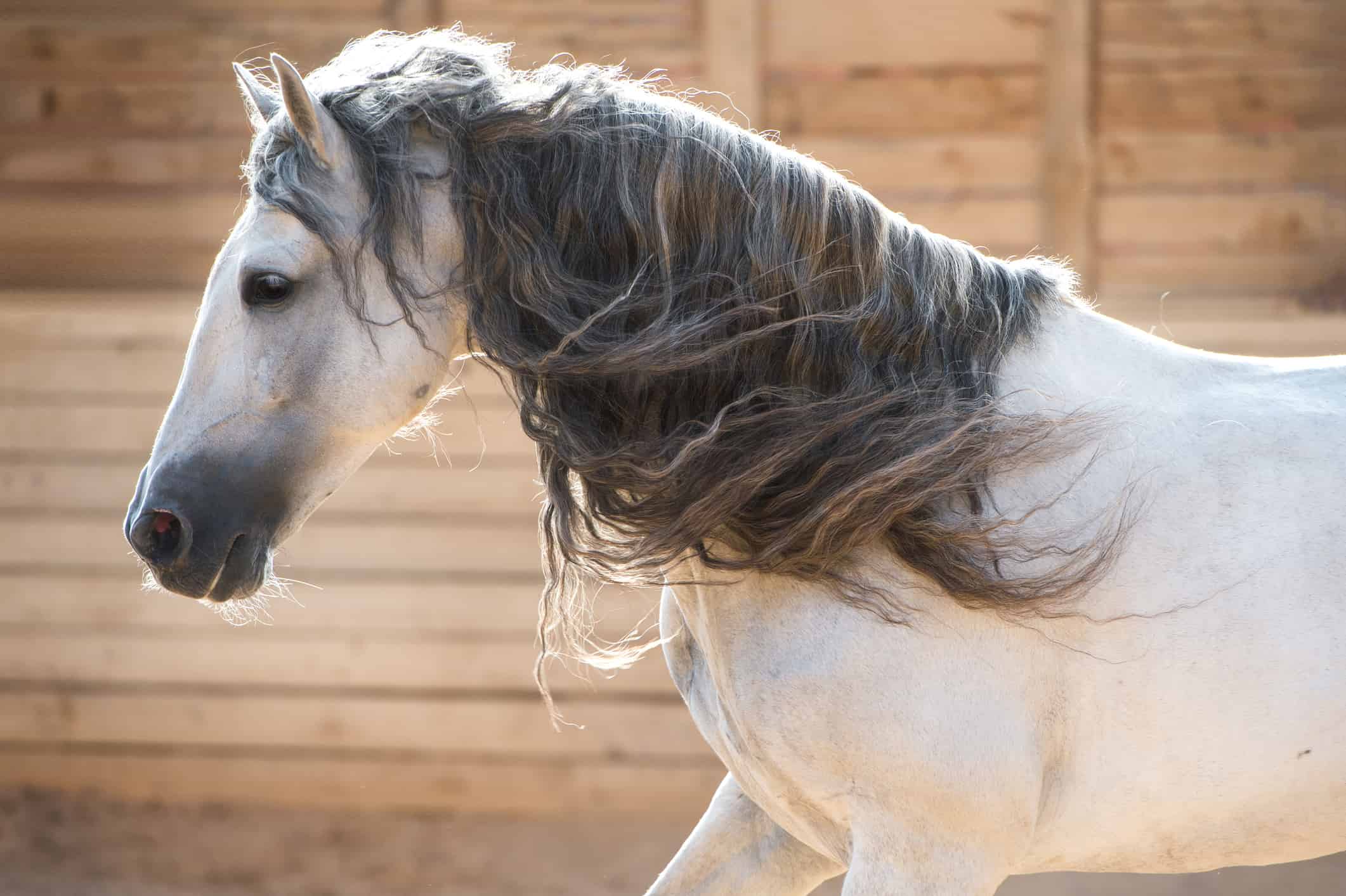Spanish Equids Test Positive for Antibodies Against Besnoitia

Foreign diseases are just a plane or trailer ride away. Case in point: Spanish researchers have found subclinical (not causing signs of disease) besnoitiosis, a chronic and debilitating illness caused by a protozoan parasite mostly found in the Americas, in a “surprising” number of randomly screened equids in southern Spain. And while the animals aren’t yet showing signs of disease, scientists believe clinical cases could soon occur in Europe.
“In the near future new clinical cases could be expected to be reported (in Europe),” said Gema Álvarez-García, PhD, of the Animal Health Department in the Complutense University Faculty of Veterinary Sciences, in Madrid. “Surveillance should be implemented, and harmonized diagnostic procedures and standardized techniques are needed in order to get comparable results and infer reliable conclusions.”
Álvarez-García and her fellow researchers tested blood samples from 553 horses, 85 donkeys, and 83 mules across Andalusia, which is home to more equids than any other region in Spain. They tested the animals for antibodies against Besnoitia bennetti, a single-cell protozoan that creates cysts. They also tested for two other cyst-generating protozoan species: Sarcocystis neurona and Neospora hughesi, which are responsible for causing equine protozoal myeloencephalitis (EPM). These protozoa are abundant in North, South, and Central America, but have historically been rare other parts of the world
Create a free account with TheHorse.com to view this content.
TheHorse.com is home to thousands of free articles about horse health care. In order to access some of our exclusive free content, you must be signed into TheHorse.com.
Start your free account today!
Already have an account?
and continue reading.

Related Articles
Stay on top of the most recent Horse Health news with


















